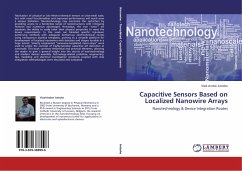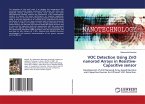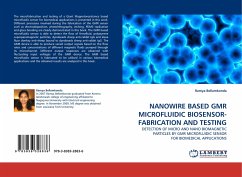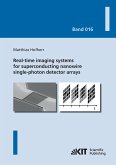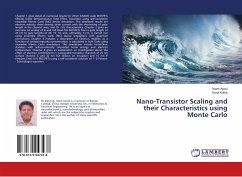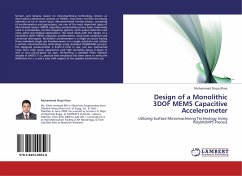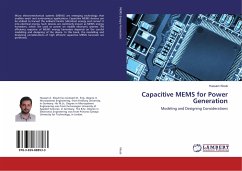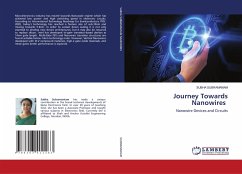Fabrication of physical or bio-/electro-chemical sensors at ultra-small scale, but with novel functionalities and improved performances will reach soon a serious limitation. Nanotechnology may overcome this restriction by providing access to a borderless range of nanostructures with intriguing features and numerous advantages. Nowadays, the true nano- art expresses the ability to easily tailor their physical properties to meet the device requirements. In this work we blended specific top-down patterning methods with adequate bottom-up electrochemical routes using nanoporous alumina templates, owning to a versatile platform for development of localized nanowires with densities and shapes tunable in a large extent. Smartly engineered nanowire-templated micro-strips were used to probe the concept of highly-sensitive capacitive pH detection at nanoscale. This book connects theoretical and practical elements, allowing the reader to gain a general insight into the secrets of nanotechnology and modern devices assembly. Technology-related problems, engineering tips, modeling and electrical investigation protocols coupled with chip integration methodologies were discussed and evaluated.
Bitte wählen Sie Ihr Anliegen aus.
Rechnungen
Retourenschein anfordern
Bestellstatus
Storno

